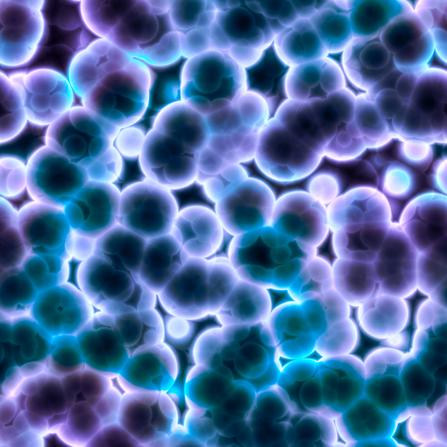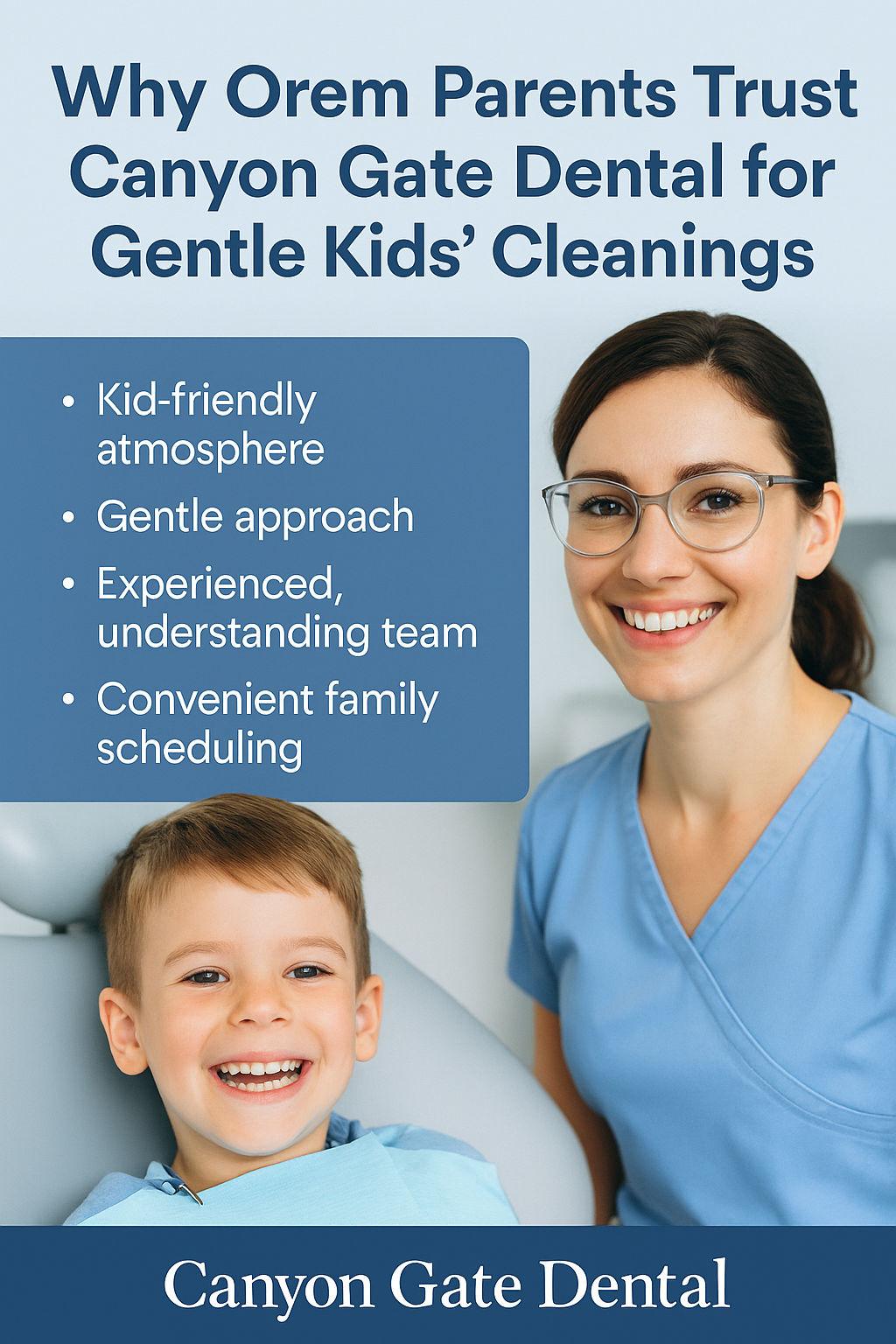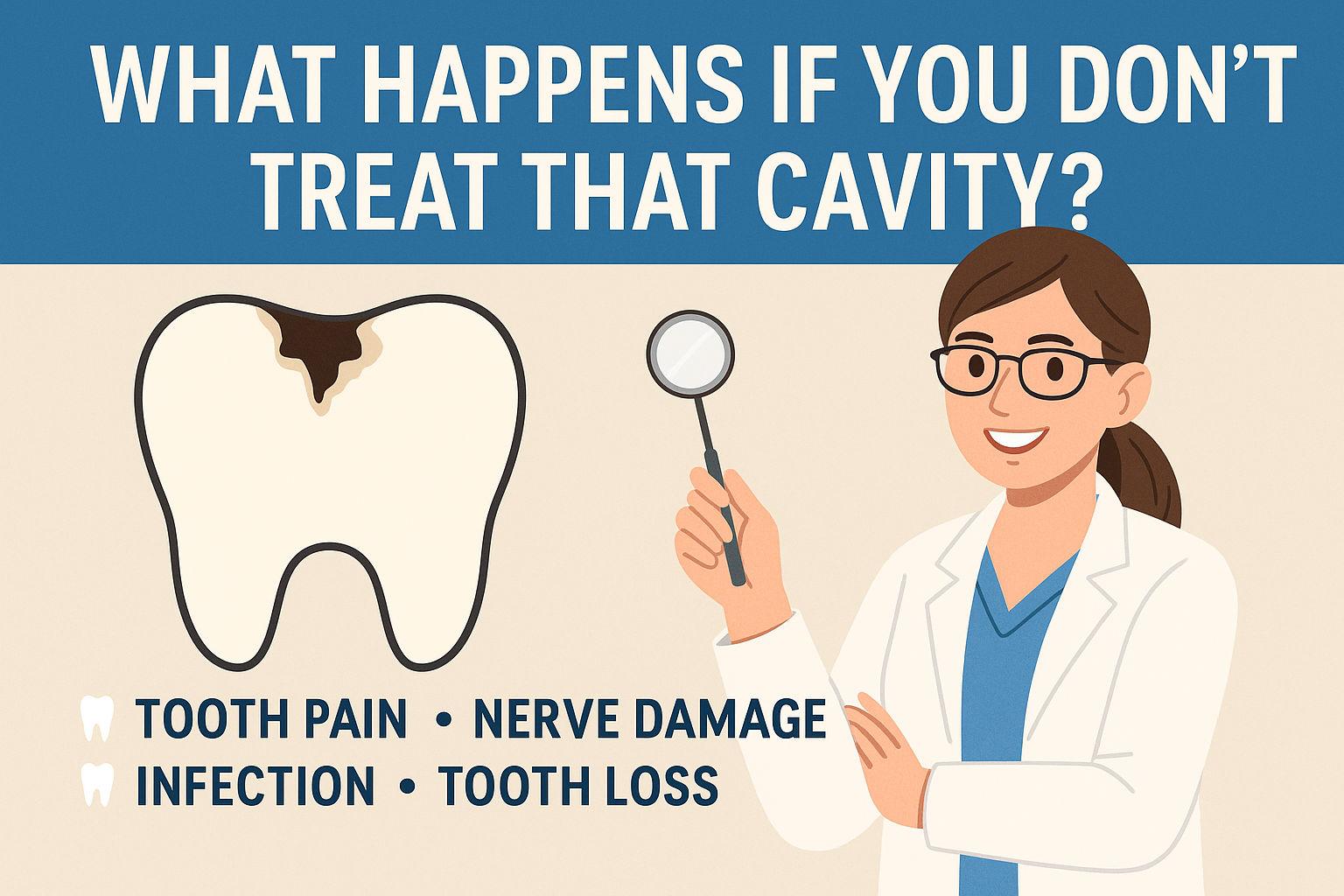Dry mouth, or xerostomia, is a major dental problem that affects millions of people in this country and many of my patients at Canyon Gate Dental in Orem, Utah. It is a problem for several reasons: It can be very uncomfortable. Do you know that feeling you get first thing in the morning when your tongue sticks to the roof of your mouth and you feel parched and sticky? People with dry mouth struggle with this sensation constantly, not just while sleeping. Dry mouth also makes cavities form rapidly. Without the protective buffers contained in saliva, a dry mouth quickly gets acidic and becomes very vulnerable to the bacteria that cause cavities.
Dry mouth can be caused by several things. Radiation and chemotherapy used to treat head and neck cancers almost always leads to dry mouth problems because salivary gland tissues are very delicate and do not survive these harsh treatments. Systemic issues such as Sjogren’s syndrome or diabetes can cause dry mouth. Even the normal process of aging tends to reduce salivary gland tissues ability to function properly. If you take any medicines regularly, chances are good that those are giving you dry mouth as a side effect as well. The list of medications that cause dry mouth is extremely long and includes some very common medications. As protective measures, we recommend maintaining an excellent home care regimen that includes regular brushing and flossing, as well as use of special lozenges, rinses, saliva substitutes, sugar-free candies, etc. I have always been bothered that all of these measures are preventive or palliative in nature; no real cure for dry mouth exists.
Hopefully this problem may be ending in the near future for many people who suffer from dry mouth caused by salivary gland deficiencies (sorry, medication dry mouth people, no luck for you yet). I recently learned about a team from the University of Texas at San Antonio that published some very cool findings from work they are doing to combat dry mouth.
The San Antonio team is using silk fibers as a matrix for stem cell attachment. Salivary gland stem cells are notoriously difficult to work with because they are hard to grow in culture and do not retain their function well after they are grown. Using a silk scaffold to grow cells has produced really nice results though. The scientists chose silk because it is a natural product that is porous and easily biodegradable. The silk scaffold helps nutrients and oxygen get to the cells easily and doesn’t produce the inflammation that has been problematic with other materials. So far the team has had good success growing new salivary gland tissue for rats, but hasn’t started human stem cell trials. They hope to use the same methods to grow salivary gland cells using human bone marrow and umbilical stem cells. The team estimates that within the next 10 years their work will allow us to replace damaged salivary gland tissue in humans.
This is just one of many exciting and brilliant projects being done with stem cells, but the ability to regenerate salivary gland tissue is potentially huge news for dentists and patients with dry mouth. If you suffer from dry mouth, be excited that potential cures are on the way, but in the meantime come see us today to discuss how we can help you be comfortable and protected from cavities.
-Nicolas K. Young, DMD
Reference:
http://uthscsa.edu/hscnews/singleformat2.asp?newID=5099










